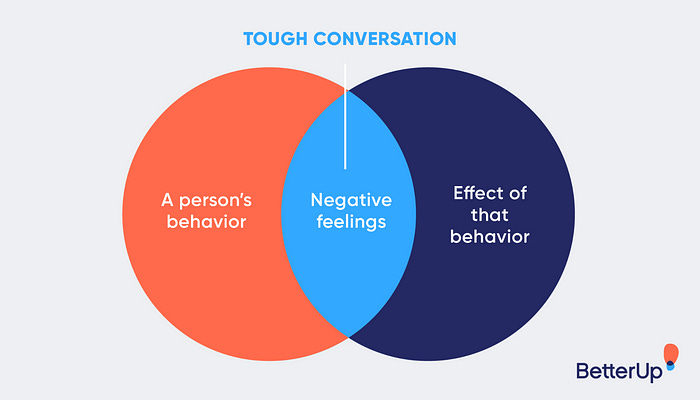"Difficult Conversation"-- 7 tips before you engage.
There comes a time when “difficult conversations” cannot be avoided, postponed or circumvented. Check out our tips.
“Having a difficult conversation” typically means discussing a topic that is emotionally charged, potentially sensitive, or challenging to communicate. Having such a conversation can be one of the most demanding tasks we face in our personal and professional lives. Whether we need to confront someone about their behavior, ask for a raise, or discuss a sensitive topic with a loved one, these conversations often involve strong emotions and can be difficult to navigate. However, avoiding these conversations can lead to resentment, misunderstandings, and missed opportunities. Learning how to have difficult conversations effectively is an essential skill that can help us build stronger relationships, resolve conflicts, and achieve our goals. In this piece, we will explore what it means to have a difficult conversation, why these conversations are important, and some tips for how to approach them in a way that maximizes the chances of a positive outcome.
Here are three examples of what it might mean:
Confronting a coworker about their behavior: If you notice that a coworker is regularly making comments that make you or others uncomfortable, it may be necessary to have a difficult conversation with them about their behavior. This conversation might involve explaining how their comments are affecting others, asking them to change their behavior, and setting clear boundaries for what is and isn’t acceptable in the workplace.
Telling a partner that you need to end the relationship: Sometimes, relationships can become toxic or draining, and you may need to have a difficult conversation with a partner about ending the relationship. This conversation might involve explaining why you no longer feel that the association is healthy for you, acknowledging any hurt feelings, and setting clear boundaries for how you will move forward.
Discussing end-of-life care with a family member: When a loved one is facing a serious illness or end-of-life care, it can be challenging to have a conversation about their wishes and preferences. This conversation might involve discussing their values and beliefs around medical care, discussing potential treatment options and their risks and benefits, and making plans for their care that align with their wishes.
Having a difficult conversation can be stressful and emotional, but with the right approach, it can also be productive and beneficial. Here are seven tips for having a difficult conversation:
Prepare beforehand: Take some time to reflect on what you want to say, what outcome you hope to achieve, and how you will approach the conversation. Think about the language you will use, the tone you will adopt, and the points you want to make.
Choose the right time and place: It’s important to choose a time and place where you won’t be interrupted, where you feel comfortable, and where the other person is likely to be receptive to the conversation.
Use “I” statements: Use “I” statements to express how you feel, rather than blaming or accusing the other person. For example, say “I feel hurt when you don’t listen to me” instead of “You never listen to me.”
Listen actively: Listen to the other person’s perspective, without interrupting or becoming defensive. Show that you are listening by nodding, making eye contact, and summarizing what they are saying.
Stay focused: Stick to the topic at hand and avoid bringing up past grievances or unrelated issues.
Avoid making assumptions: Don’t assume that you know what the other person is thinking or feeling. Ask questions and seek to understand their perspective.
End on a positive note: Try to find common ground and end the conversation on a positive note, even if you don’t fully agree with each other. Express appreciation for the other person’s willingness to have the conversation and emphasize your desire to work together towards a positive outcome.
In conclusion, difficult conversations can be challenging and emotionally charged, but they are often necessary for resolving conflicts, building relationships, and achieving mutual understanding. By following some basic principles like preparing beforehand, choosing the right time and place, using “I” statements, listening actively, staying focused, avoiding assumptions, and ending on a positive note, it is possible to have productive and beneficial conversations. The key is to approach the conversation with an open mind and a willingness to engage in honest and respectful communication. By doing so, we can build stronger relationships, foster better understanding, and create positive outcomes, even in the most challenging situations.
_______________________________________________
The author superannuated as Special Chief Secretary, Punjab on 31st July, 2021, after nearly 37 years of service in the IAS.
He can be reached on kbs.sidhu@gmail.com



